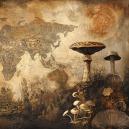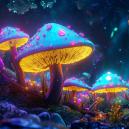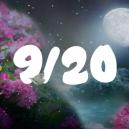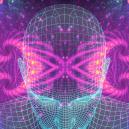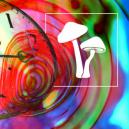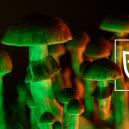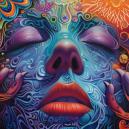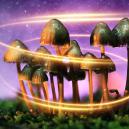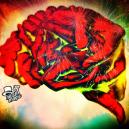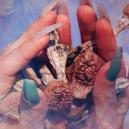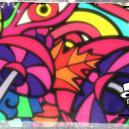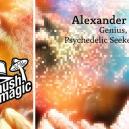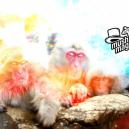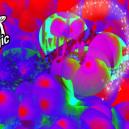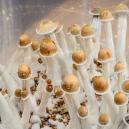Hyperconnectivity: Magic Mushrooms and Connections in the Brain
Published :
May 29th, 2017
Categories :
Research

Results from recent studies show that magic mushrooms connect areas of the brain that are not typically associated. This could play a role in discovering answers to questions of how we experience ourselves in the world around us, increasing its potential as a medicine.
Rumours have spread far and wide in recent times regarding the possibilities of psilocybin being used as a potential treatment for psychological illnesses like depression and anxiety. Studies in the past have shown that people have a tendency to feel uplifted and happier after having used psilocybin or magic mushrooms, even if it is just once.
Written in the Journal of the Royal Society Interface, Paul Expert, a physicist at King's College London said that studies were being conducted with magic mushrooms "in the hopes that they could one day be used by psychiatrists — in carefully controlled settings — to treat conditions such as depression."
After getting positive results from studies with psilocybin, researchers decided they needed to do more work to find out how mushrooms work with the brain. As Expert said, "scientists would need to get a much better picture of how the drug impacts the brain before using psilocybin to treat depression".
Researchers and scientists set to work to find out more about how psilocybin integrates with the brain, using functional magnetic resonance imaging (fMRI) on 15 healthy volunteers in order to get a good look at what was happening in their brains after using a placebo and psilocybin.
The valuable study generated interesting results which they used to compare the brain activity of the participants when they were using the drug and when they weren't, allowing them to have a map of the connections between different regions of the brain.
HYPER CONNECTION OF THE BRAIN ON MAGIC MUSHROOM
Results showed a dramatic transformation in the organisation of the volunteer's brains. After using psilocybin, the study found that the regions of the brain that were generally considered unconnected would synchronise in time with precise accuracy, an indication that long-range connections were being made. This temporary creation of connections allows parts of the brain that would never otherwise communicate to send signals to each other. This, in turn, shapes the experience, explaining why many magic mushrooms allow people to see events from a different and detached perspective. As mentioned, it could have huge implications for treating disorders.
Although it is widely known that psilocybin binds to receptors for serotonin - a chemical which functions heavily in mood, sleep, and appetite - how the drug impacts communication patterns in the brain have still been fairly unclear.
A psychopharmacology researcher for King's College London Mitul Mehta said "Through studies such as these we can really begin to tackle the questions of how we achieve coherent experiences of ourselves in the world around us, and understand what makes this break down".
Although only subjects who had reported previous positive experiences with magic mushrooms were taken for the study in order to minimise the risk of them freaking out or panicking inside the confined fMRI machine, the results do show promising results with the fantastic ongoing research into the potential of psilocybin being used by psychiatrists as a means to treat mental conditions like depression in controlled settings.





